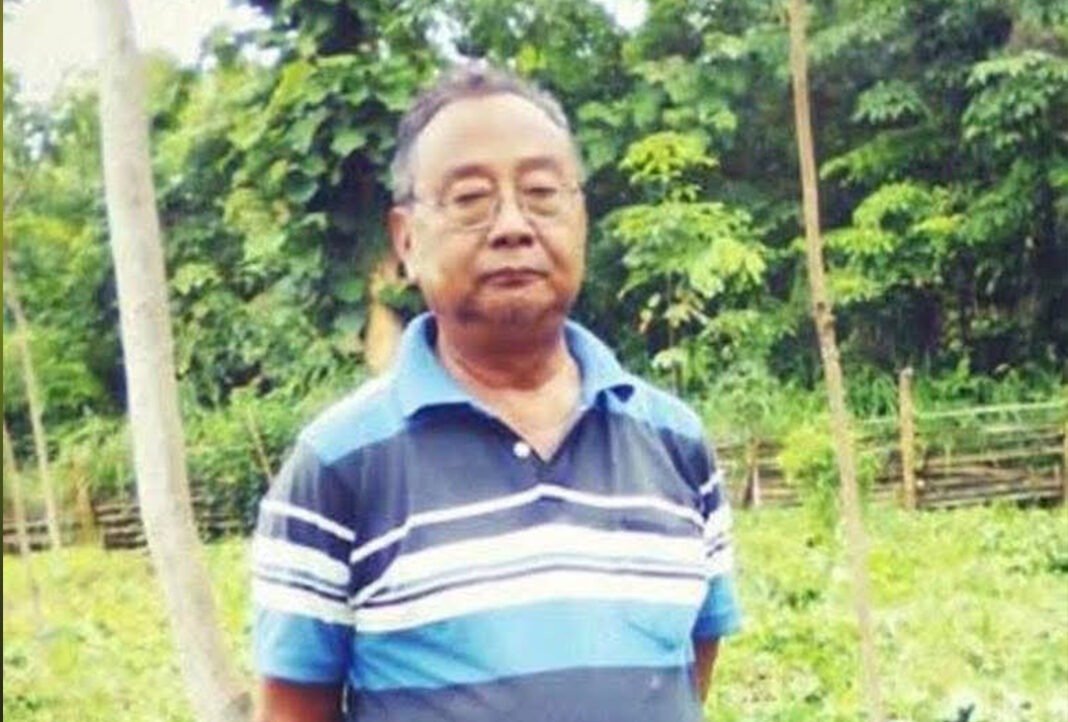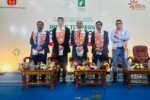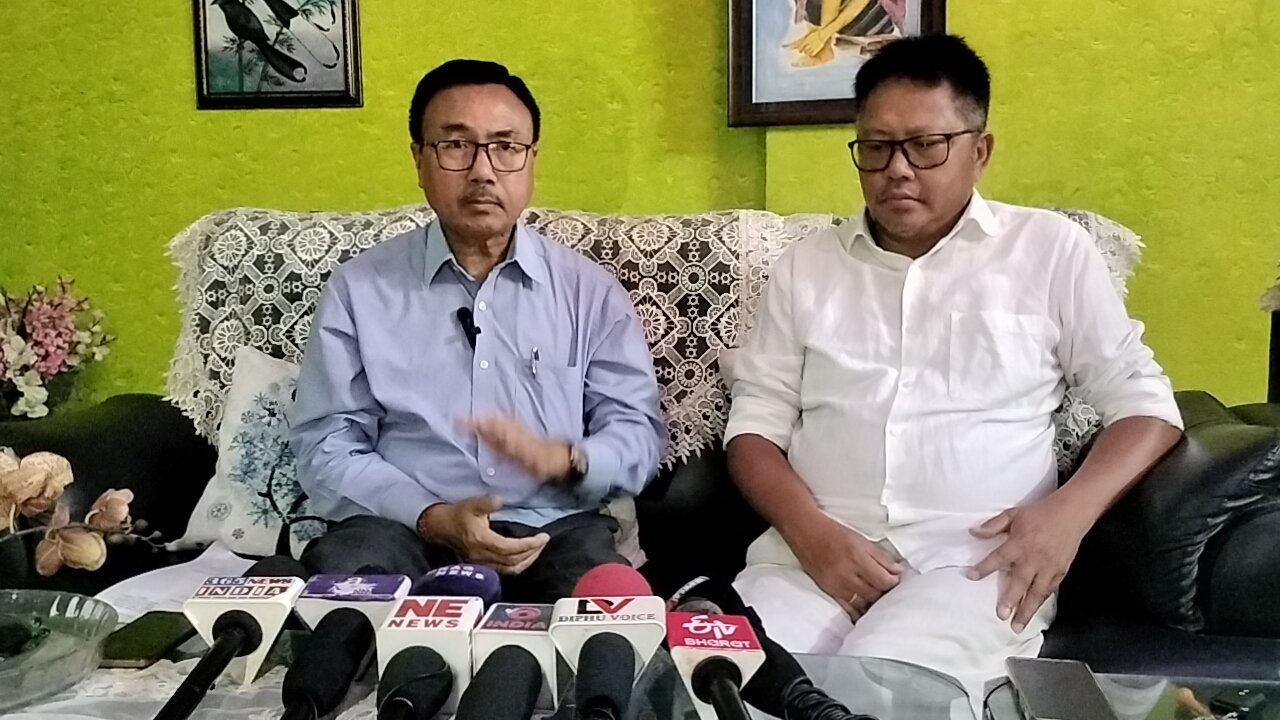HT Bureau
DIPHU, July 30: Former Bokajan MLA Monsing Rongpi, a prominent leader of the Autonomous State movement and a respected public figure, passed away at 2:28 am on Wednesday at his residence in Rukasen, Diphu, after a prolonged battle with throat and lung cancer. He was 66.
At the time of his passing, Rongpi was serving as the Chairman of the Disciplinary Action Committee of the Karbi Anglong District Congress Committee (KADCC). Known for his charismatic leadership and unwavering dedication, Rongpi was widely respected for his role in the mass movement led by the Autonomous State Demand Committee (ASDC) for statehood, launched in 1986.
Rongpi’s passing drew condolences from political leaders, colleagues, and the general public.
Chief Executive Member of the Karbi Anglong Autonomous Council (KAAC), Tuliram Ronghang, expressed his condolences via social media, calling Rongpi “a true leader” and offering sympathies to the bereaved family. KADCC President Raton Engti also paid tribute, recalling Rongpi’s contributions as a former Don Bosco student, MLA, ASDC leader, and pioneer of the Roman script movement.
Former minister and ASDC leader Holiram Terang, who was closely associated with Rongpi since their school days, described him as a courageous and devoted leader who sacrificed personal gains for the greater cause of the Karbi community.
Terang recalled that Rongpi had cleared the Assam Public Service Commission (APSC) examination but declined a government job to serve the movement for autonomy.
He was known for his bold presence in the Assembly and strong command of the English language, which made him an important voice during negotiations, including a meeting with former Prime Minister Rajiv Gandhi as part of the All Assam Students’ Union (AASU) delegation.
Rongpi played a key role in forming the Karbi Anglong Gana Sangram Samiti during the Assam Agitation in 1979 and served as president of the Karbi Anglong Students’ Union (KASU).
He was a member of the first AASU delegation to negotiate with the Centre, and when the Assam Accord was signed in 1985, Rongpi and other Karbi leaders chose not to join the newly formed Asom Gana Parishad (AGP).
Instead, they formed the People’s Democratic Front (PDF), and later the ASDC on May 17, 1986, to spearhead the movement for an autonomous state.
He was elected as the MLA from Bokajan in 1991, during a wave that saw ASDC win all four seats in Karbi Anglong. Rongpi was often at the forefront of agitations, including economic blockades and demonstrations, where he and other leaders were subjected to police lathi-charges.
Rongpi later joined the Congress party, where he remained active in party affairs and continued advocating for the rights of the Karbi community.
From 2007 to 2011, he also served as Associate Editor at The Hills Times, contributing significantly to editorial work and article writing.
Editor Rameswar Chauhan remembered him as a “true genius” with rich vocabulary and dedication to journalism.
Beyond politics and journalism, Rongpi was a cultural stalwart.
He was involved with the Karbi Cultural Society (KCS) and the Karbi Youth Festival (KYF), actively promoting Karbi heritage.
He also took part in the Roman script movement and served one term as Vice President of the Karbi Anglong Sports Association.
He was at one point a member of the Assam Cricket Association’s Tournament Committee.
Born in 1959 in Bor Rongpi village, Tarabasa, Rongpi was the eldest of seven siblings of Haberam Rongpi and Kahan Terangpi.
He began his education in Phuloni and later studied at Union Christian English School and Don Bosco School, Diphu, where he was among its first matriculation batch.
He pursued higher education in Shillong and later completed his degree with honours in English from Diphu Government College.
In accordance with Karbi customs, Rongpi’s body will be kept at his residence on July 30 and 31 to allow family members, relatives, and well-wishers to pay their respects.
Cremation will be held on August 1 at the Diphu public cremation ground.
The passing of Monsing Rongpi marks the end of a significant chapter in Karbi Anglong’s political and cultural history.
He is remembered as a leader who devoted his life to the people and the cause of autonomy for the Karbi community.












